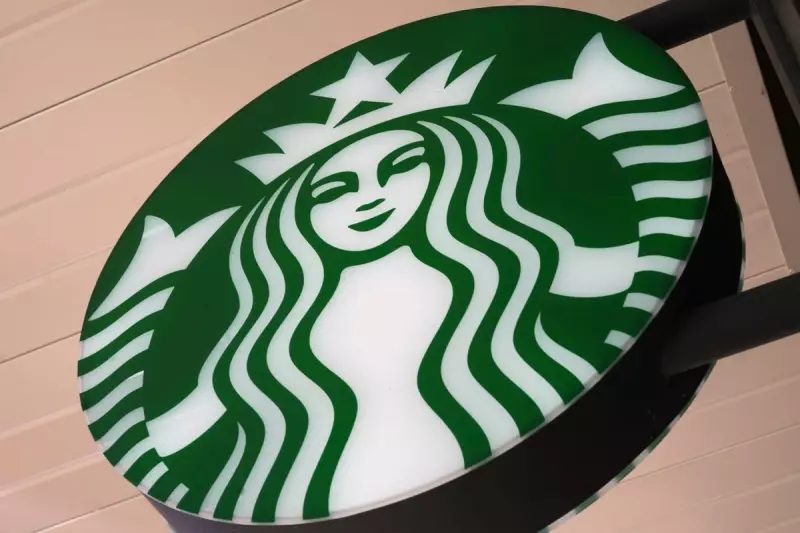
Starbucks employees at multiple locations throughout the United Kingdom are taking industrial action on one of the coffee giant's most anticipated days of the year - Red Cup Day. The coordinated strikes represent a significant escalation in ongoing disputes between workers and management over working conditions and compensation.
Festive Promotion Meets Worker Protest
The timing of the strike action is particularly strategic, targeting Starbucks' annual Red Cup Day promotion when the company distributes free reusable red cups to customers purchasing holiday beverages. This promotional event typically drives substantial customer traffic and represents a crucial day for seasonal marketing.
Union representatives have confirmed that workers from various Starbucks branches are participating in the walkout, protesting what they describe as inadequate pay and challenging working conditions. The action comes amid growing unionisation efforts within the UK's food and beverage sector.
Customer Impact and Company Response
Customers hoping to secure the limited-edition red cups may find their local Starbucks closed or operating with reduced staff. The strike action is expected to cause significant disruption to one of Starbucks' most profitable promotional events during the crucial holiday season.
While Starbucks has yet to release an official statement regarding the specific strikes, the company has previously emphasised its commitment to "partner experience" and competitive compensation packages. However, workers argue that current conditions don't reflect the realities of serving during peak periods.
Broader Implications for Retail Sector
This industrial action occurs against a backdrop of increasing labour organisation within the UK retail and hospitality industries. The Starbucks strikes follow similar actions by workers in other sectors who are pushing for better wages and improved working conditions amid the ongoing cost of living crisis.
The success and impact of today's coordinated action could set precedents for future labour disputes within the competitive food and beverage market, particularly as companies navigate post-pandemic operational challenges and economic pressures.





